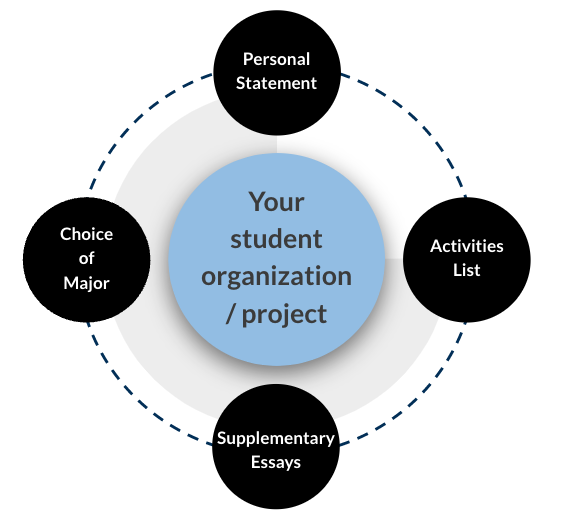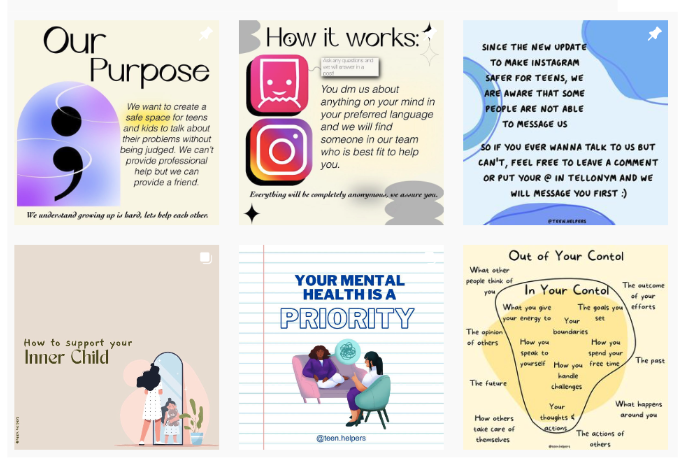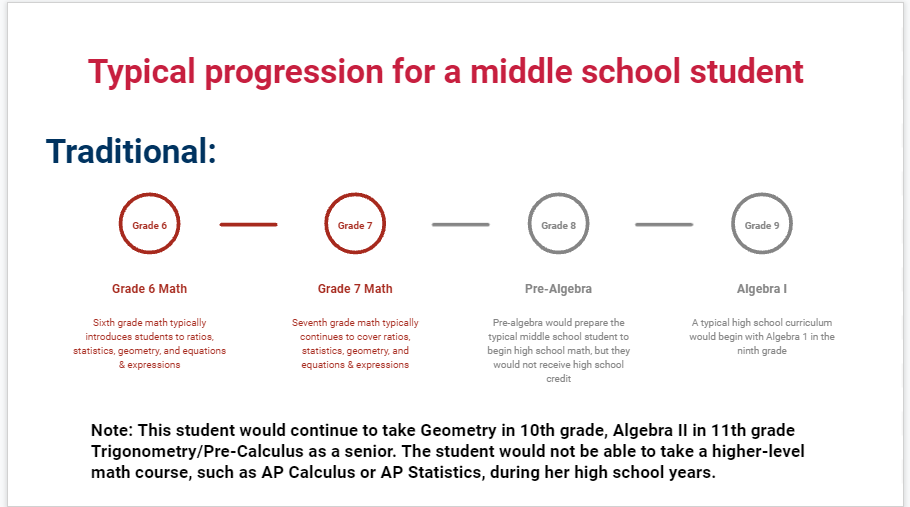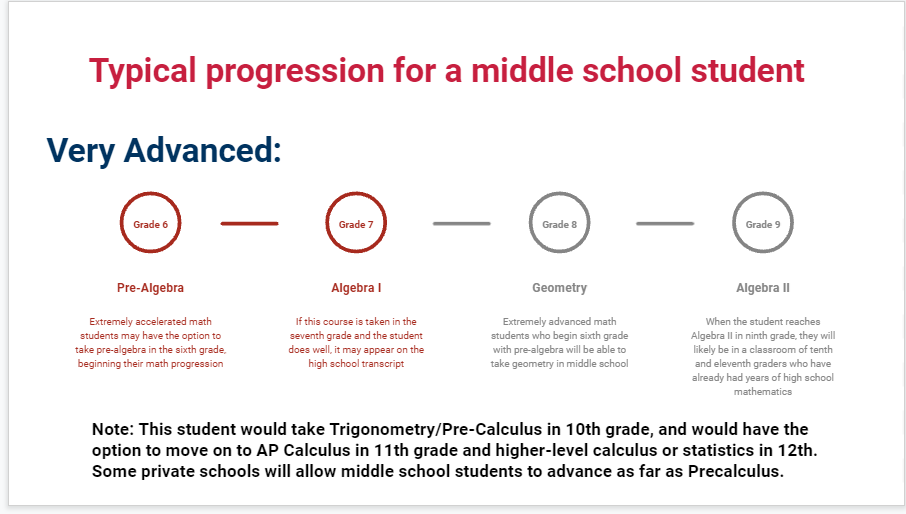When I formed DC College Counseling in 2010, I knew literally nothing about business beyond whatever I picked up in my first-semester freshman year Management 100 class at Wash U. But I did know that I was really good at my job as an independent school college counselor, and I also knew that there was a growing need for people like me to serve the general population, outside of a school setting. So I created a website, looked up how to create a Virginia LLC, and here I am today!
There are so many success stories just like mine, when it comes to service-based businesses. You do not need capital, help, or specialized business knowledge as long as you have a skill that matches up with a need in the marketplace, a willingness to work (extremely) hard, and an internet connection. I want to emphasize this because I truly believe that one of the most amazing things about entrepreneurship is the ability to create something from nothing. ANYONE CAN DO IT!
That said, not everyone does do it, and it’s helpful to have companies which exist in this space to provide budding entrepreneurs a little extra help, if needed. After all, having a project of your own - like a business or non-profit organization - can really help applicants stand out in the admissions process. One such company is the Leadership & Innovation Lab, and today we have a guest post from their director, Maya.
If you are interested in starting your own business but feel a little overwhelmed at the thought, it might be worth learning about how the Leadership & Innovation Lab can help you get started. As always, do your own research to see whether this - or any third-party program - is right for you. We do not endorse this program or any other!
Hi everyone, I’m Maya, the Director of the Leadership & Innovation Lab.
My work focuses on curating training programs to develop our students' leadership and innovation abilities. Of the whole complex college application, how students present and package their leadership and innovation abilities has always been the part that fascinated me the most. This is why I do what I do today!
So you’re wondering - how do you truly stand out in the college admissions process that gets more competitive every year? My advice is: be an entrepreneur and start your own project. This is going to be the only thing on your application that is truly unique and wholly yours.
Think about it: anyone else can join the same competition, attend the same summer program, or complete the same online course. Your student-initiated and student-run project is something that cannot be replicated. It is unique to your circumstances and profile. What’s more, it could well be the centerpiece of your entire application, linking together your personal statement, your activities list, your supplementary essays and perhaps even your choice of major.
What is entrepreneurship and why is it important?
The most basic explanation for entrepreneurship is two-fold: first, the ability to envision something where there is currently nothing; second, the determination to work hard and to endure hardship for a vision that others may not see or share.
To put it bluntly, the road to becoming an entrepreneur (especially a young entrepreneur) is not easy. It is often a long and lonely road. However, every single person who has tried to walk down this road, even if they do not reach the end for a multitude of reasons or simply decide to change paths along the way, will tell you that what they have learned on this road is unique and irreplaceable.
Let’s dive into specifics of what you might learn on the entrepreneurial path. From the leadership perspective, you’ll learn:
How to articulate your ideas clearly to others
How to convince others of your ideas, even to join you in your entrepreneurial endeavor
How to organize from within your social networks
How to build up up a leadership structure
How to establish and maintain leadership authority
How to mediate or resolve personnel disputes
How to motivate your team to work toward a shared vision
Taking a step back, in the process of cultivating entrepreneurship, you will also encounter significant elements of personal growth. You’ll learn:
How to handle interpersonal relationships
How to be strategically observant and perceptive
How to seize opportunity
How to decide when is the right time to give up or to cut your losses
How to be more patient
How to persevere against all odds
What it means to be a visionary
What are some obstacles you might face?
Of course, it is not easy for high school students to engage in an entrepreneurial endeavor - whether it is starting a business, club, or other organization. To be honest, it is not easy for anyone to do so!
You may think there are perhaps legal hurdles - after all, high school students are underage. Or perhaps our schools do not provide enough entrepreneurial resources for them. Or perhaps the wider society isn’t sufficiently supportive of youth entrepreneurship or adopts a skeptical attitude. It is true that these are some of the problems high school students encounter in their entrepreneurship journey. But from what I’ve seen, the biggest obstacle to youth entrepreneurship is that the students themselves do not believe that they can do it.
The most frequent challenge I encounter when mentoring students on leadership and innovation is their mindset. They think, “This is impossible, I cannot accomplish this,” or “I’m just a high school student, what can I possibly do to make a difference?” Such thoughts are very common. As an educator in this field, a lot of my time and energy is actually spent on undoing this mindset, building up students' confidence, convincing them of the possibility of entrepreneurship regardless of age, and explaining to students that entrepreneurship can take many forms and varieties. It is not necessarily a for-profit business.
Most of the time, after overcoming these hurdles, I discover that the students are already internally inclined toward entrepreneurship - some even have concrete ideas of what they would like to do - but they never verbalized these ideas because of the doubt that their ideas can actually become reality.
It can be difficult to manage the legal, financial, personnel, and management aspects of any entrepreneurial endeavor. But under our guidance and mentorship, most students are pleasantly surprised to discover that if they are shown where to look and do so carefully, they find more useful resources among their communities than they previously thought existed. They find also that their communities are in fact more supportive of their student entrepreneurship efforts than they imagined. The problem is that most students struggle to find this door on their own, but once they are guided and shown the way, many students discover that while the road to entrepreneurship is not easy, it also is not as difficult as they feared.
How can the Leadership & Innovation Lab help?
Starting your own new project (whether it's a for-profit business, an on-campus organization, or a community group) requires a clear goal. Students must be innovative, adept at project management, and determined to work hard and persevere against all odds.
Our Leadership & Innovation Lab is focused on helping students to learn, develop and practically apply these precise skills.
What is unique about our Leadership & Innovation Lab is that we place great value on hands-on application. Students are given a lot of space to try and practice the skills that they are taught in a real entrepreneurial context. Under the guidance of our experienced mentors, students will explore and discuss various entrepreneurial and management skills, then work in small groups, building on collective wisdom, to form their own new ventures and organizations.
Our Lab will even guide students on how to strategically amplify their entrepreneurial efforts and curate demonstrated impact, as well as integrate their entrepreneurship into their overall personal narrative in a manner that is optimized for college applications.
How does Leadership & Innovation Lab accomplish all of this?
First, the leadership, innovation and entrepreneurship courses we use have been specially developed in-house for high school students to quickly acquire the relevant knowledge and skills in a short period of time.
We focus on helping students understand their own entrepreneurial and leadership strengths, discover their own natural leadership style, and define the roles that would fit them the most during the entrepreneurial process, so that they can play to their strengths.
We help students set up their own ventures step by step, accumulating quantifiable achievements that are incredibly useful during college applications.
We encourage students to take advantage of our workshops and networking opportunities to advance their projects and source for partnerships.
We help our students develop a higher-level, bigger-picture vision and ultimately enhance their understanding of entrepreneurship and leadership over the longer term. We emphasize legacy planning and guide our students to think about the long-term development of their venture.
We also have a repository of existing student-run projects in which we can install new students to hold leadership positions and even to take over entirely. This is something that is uniquely offered by our Lab.
Furthermore, we provide Showcase opportunities for our students to demonstrate and feature their work, not only for publicity and exposure but also to gain some conference-speaking experience. We also provide up to $10,000 in funding annually, dedicated to high school-level student-run projects.
Please visit our website for further information about the Leadership & Innovation Lab.
What are some projects past students created?
One student created a peer counseling platform to help students deal with stress and mental health issues. This student hired 9 peers, officially registered his company, and launched a website.
Another developed a new coffee cup sleeve made exclusively from recyclable and plantable materials (it even had seeds!). With new marketing and business development skills, this student built a website and partnered with local coffee shops.
Finally, a student collaborated with artists from 15 high schools across the country to curate 2 online art exhibits. This student auctioned 100+ art pieces and raised proceeds to donate to disease relief.
If you are inspired to start your own project, you can reach Maya directly at maya@leadershipinnovationlab.org.





























